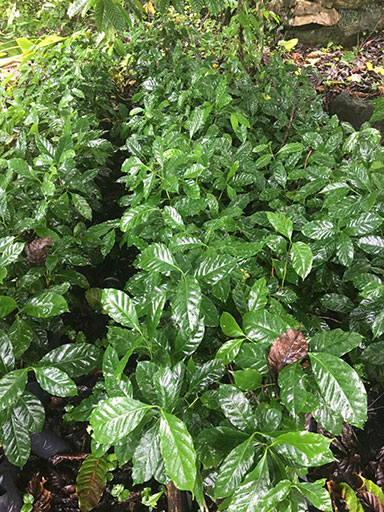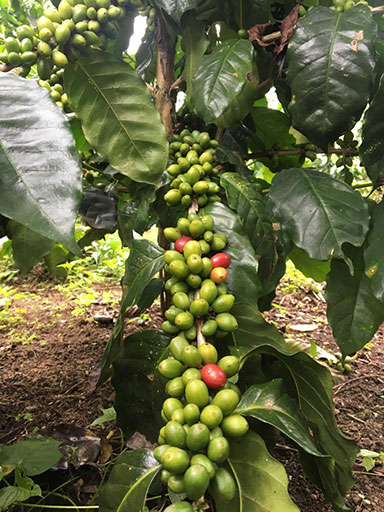COATEPEC, VERACRUZ, COFFEE CITY
Towards 1830, in the Coatepec region, coffee was started. It is grown over 750m height, to this it owes its name of tall coffee.
Coatepec has an important coffee production of excellent quality.
Each year the Coffee Fair is organized between the months of April and May. There local coffee production is exhibited and this product can be consumed.
COFFEE PRODUCTION PROCESS
Planting coffee trees or coffee plant
- Germination of the grain. Soak previously selected seeds so that they swell a little and begin to germinate. Then they are deposited on slabs of sand where they stay moist and protected from the sun’s rays.
- Placement of the plants in seedbeds, which are bags with prepared and fertilized soil where the plants that have germinated are planted.
- Transplant to the ground after a few months of the coffee or coffee plants.
- Production of coffee trees. They start producing one to five years after their transplant. The fruit is small resembling cherries. It’s called cherry coffee.
Coffee production
- Harvest of the cherry coffee and separation of the vain or defective grains of the good ones.
- Wet benefited. It consists of removing the skin and the pulp. The grains are pressed between two metal discs, using water to facilitate the task. The result is called parchment coffee, since the seed is still covered by a brown husk.
- Fermentation. The grain is fermented for 24 hours in water tanks so that later this husk can be removed from the grain.
- Drying. The grain is placed on ceilings or cement patios to dry for 5 days. It moves to dry on a regular basis. There are also machines for drying.
- Benefited dry. Remove the dried mucilage (husk) by means of threshing machines. You get the gold or green coffee.
- Roasting and grinding or making soluble coffee.
Organizations of local coffee producers in Coatepec
There are several producer organizations, groups of ejidatarios and a regional council that intend to spread the consumption of coffee, its sales in Mexico and abroad, as well as taking care of the quality of the products. The majority of its members are poor farmers and that is why it is important that they organize themselves to improve sales and thus have better incomes.
One of the proposals of the ejidatarios is to have a fair trade, that is, that the coffee is sold at a price that allows to pay their production costs and have a profit for sales. Although this idea should be the usual, many times the coffee market depends on the costs that are set internationally, which often leads producers to lose when selling their products.




